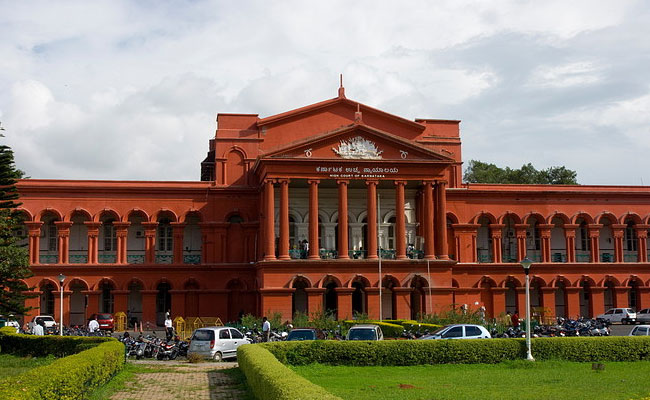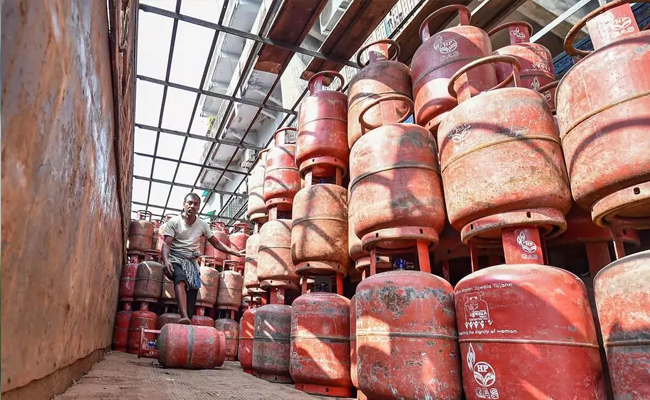Bengaluru (PTI): Underscoring the ramifications that data gaps have a cascading effect on the economy, the Karnataka High Court has dismissed a petition filed by a company that did not provide statistics of its operations for the year 2011.
Action had been initiated against M/s Masturlal Pvt Ltd, which manufactures technical units of textiles used in industries, under the Collection of Statistics Act in 2015. The company approached the HC in 2022 against it.
In a recent judgement, Justice M Nagaprasanna said any negligence on the part of any company will undoubtedly have a spiralling effect on the economic policies of the nation, which is the driving force of any nation among others.
On the significance of the data collection, the HC said: "It is in public domain that Indian statistical system is one of the best systems in the world. The country participates in all the international and regional organisations of the United National Economic and Social Commission for Asia and the Pacific on statistical compliances and international practices."
It, therefore, becomes imperative for every stakeholder under the Act, to furnish its statistics annually, diligently as is required under the law or to face the wrath of Section 15 of the legislation, the court maintained.
The National Sample Survey Office (NSSO) had initiated action against the company. The firm claimed that it was diligent in furnishing statistical date to the government annually.
But in 2011, its accounts officer was seriously ill and subsequently succumbed to her illness. The chairperson of the company also passed away the same year.
Therefore, a criminal proceeding was initiated against the company for not furnishing annual statistical data. The company pleaded guilty and paid a fine of Rs 5,000, and Rs 1,000 in the case.
The company did not file the data within the stipulated time after the case. Again a complaint was filed under Section 200 of the Criminal Procedure Code for offences punishable under Sections 15(2), 19, 22 and 23 of the Collection of Statistics Act in 2015. This was challenged before the HC by the company in 2022.
Noting how data gaps affect the country, the HC said: "India is a subscriber to the International Monetary Fund (IMF) and Special Data Dissemination Standards imposed by the IMF. The Government of India has been currently fulfilling the standards, for which the maintenance of an advance release calendar for its data programme covered under the mandate of the IMF is absolutely imperative. The data gap like the one that is the issue in the case at hand will have a cascading effect on the nodal ministry to facilitate its implementation even for SAARC Social Charter in India."
Warning of the responsibility of companies, the HC dismissed the petition and said, "It is, therefore, the necessity of statistical data to be given by every company, as a responsible business houses, who have their company on the soil of the nation."
Let the Truth be known. If you read VB and like VB, please be a VB Supporter and Help us deliver the Truth to one and all.
Thane (PTI): Authorities have seized illegally stored 1,839 gas cylinders and seven vehicles worth over Rs 67 lakh in the Dombivli MIDC area of Thane district, officials said on Saturday.
A special vigilance team of the Mumbai Rationing Department detected an illegal storage of domestic and commercial LPG cylinders in Phase-2 of Dombivli (East).
Cylinders belonging to multiple gas agencies were found stockpiled in closed vehicles, unauthorised warehouses, and open sheds without mandatory permissions from the Explosives Department, Fire Department, or oil companies, according to an official release.





